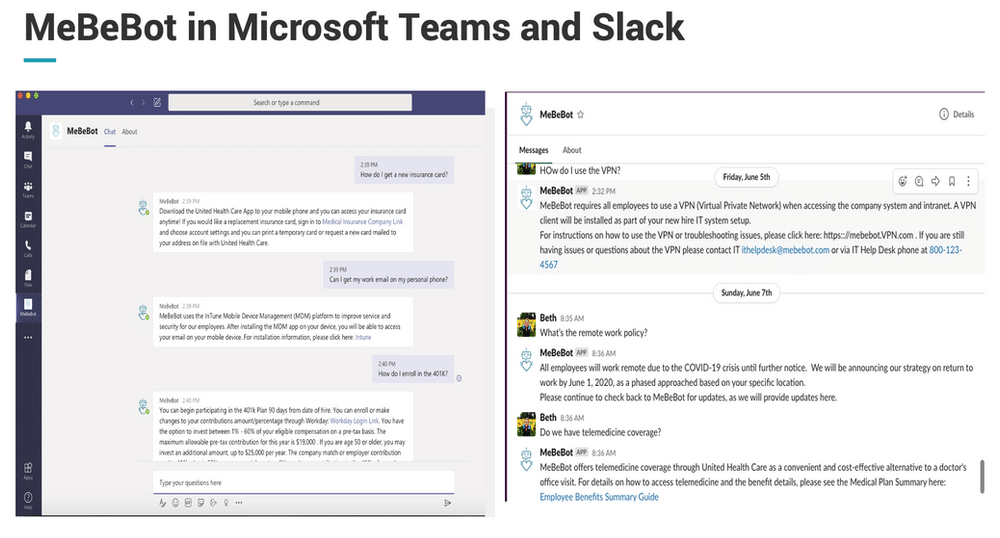There is a trend emerging among some CEOs in our post-pandemic world. This movement is to work appropriately to achieve business goals. Mary Barra, CEO of General Motors, told GM employees in May to “Work Appropriately.” But what does this mean and how can it be applied to your business situation?
In a letter to employees, Mary Barra wrote:
“The key to our success this past year was our people. We listened, learned, empathized, and included each other. I am so proud of our team’s agility as they rose to every challenge. We are committed to bringing that same determination to all areas of our business…The learnings and successes of the last year led us to introduce how we will manage the future of work at GM, called ‘Work Appropriately.’ This means that where the work permits, employees have the flexibility to work where they can have the greatest impact on achieving our goals.”
Mary Barra stated that not all groups will be able to take advantage of this new policy. For example, if employees are on a manufacturing line, they will need to be at work. However, this marks a significant change at GM.
Last week, Facebook Inc. CEO Mark Zuckerberg told his workforce that he plans to spend as much as half of his time working from home next year. He announced that more employees may choose to work remotely or return-to-the-office.
Facebook Inc. said it would likely open most of its U.S. offices at half capacity in September and then fully in October. Once that occurs, The Wall Street Journal reports, employees who haven’t received approval to stay remote will be expected to come into the office, at minimum, 50% of the time, according to an internal announcement.
Facebook is beginning to rethink the role of the office. In the years ahead, it wants offices to remain places for relationship building and collaboration, according to Brynn Harrington, VP of People Growth. Employees must receive permission from their manager and ultimately approval from a company vice president to work remotely. Some roles, such as in the company’s data centers or hardware labs, cannot be performed virtually. Other individual circumstances, or the needs of a specific team, may preclude remote work.
The announcements from Mary Barra and Mark Zuckerberg are in sharp contrast to statements from several CEOs three weeks ago. These CEOs suggested that it was time to end the “aberration” of remote work and that those who did not want to return to the office were in some way not engaged with the company. These CEOs included WeWork CEO Sandeep Mathrani, JP Morgan Chase & Co. CEO Jamie Dimon, and Goldman Sachs CEO David Solomon.
Across many industries, companies are offering staff greater flexibility on working remotely than pre-pandemic, especially in Silicon Valley. Many high-tech firms saw their employees relocate from the Bay Area to less-expensive cities during the pandemic.
Google has said it will move to a hybrid work schedule (where most employees can work three days remote) while other employees will be allowed to work from home permanently or shift to an office in a different location. In addition, Spotify Technology SA announced a “Work from Anywhere” model in February, letting employees decide if they want to work from home, return to the office or a combination.
Salesforce President and Chief People Officer Brent Hyder said that “The 9-to-5 is dead.” Its employees will have the option to work from home at least through the end of the year, even as Salesforce Inc. offices reopen.
Many CEOs and HR and IT leaders are working through post-pandemic changes, and they are finding that digital technology is improving their ability to communicate and coordinate with employees whether in the office or at home. For example, The Hackett Group research sees a surge in the adoption of AI-powered chatbots to answer employee questions and for onboarding.
MeBeBot's AI Chatbot is an example of a digital technology solution supporting employees during onboarding and their general inquiries throughout their employment journey.
Our customers have seen significant improvement in employee experiences with immediate responses to their questions. MeBeBot's Intelligent Assistant automatically answers questions with over 90 percent accuracy, and customers also see reductions in operations costs and a quick time to value.
MeBeBot’s Intelligent Assistant installs as an app in Microsoft Teams, Slack, or web chat in under 30 minutes. Yes, 30 minutes! By leveraging our pre-tested and pre-trained data model, our customers can launch MeBeBot in weeks, with accurate answers to questions, as MeBeBot understands many unique and varying ways employees ask specific questions from around the world.
Are you looking for a way to be competitive within the tight workforce of 2021? This year is all about transformation to the future of work. The use of AI Chatbots will help your organization transition and improve your employees’ experiences.
Contact MeBeBot today for a demonstration and a discussion on how we can help you transition to the future world of work.



